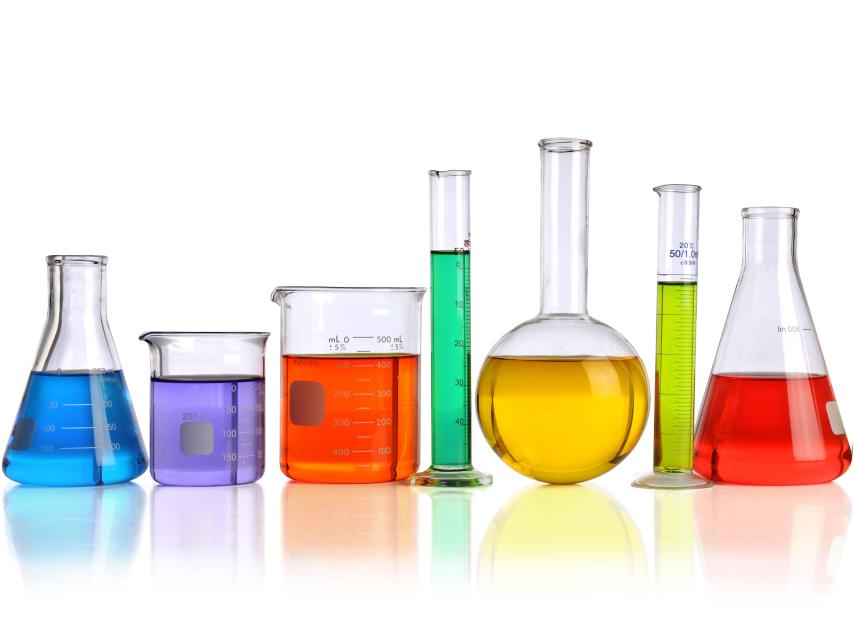Beverage Inorganic Salt Content Verification
In the realm of beverage testing, verifying inorganic salt content is a critical aspect that ensures product quality and compliance with international standards. This service is particularly important for beverages like soft drinks, sports drinks, and other formulations where the presence of certain inorganic salts can affect taste, osmolality, and overall safety.
Inorganic salts play a significant role in enhancing flavor profiles and providing essential electrolytes to beverages. However, excessive or insufficient levels of these salts can lead to quality issues such as off-flavors, potential health risks, and non-compliance with regulatory guidelines. Therefore, accurate verification is paramount for maintaining product integrity.
The testing process involves a series of steps that ensure precision and reliability. Initially, the beverage sample undergoes rigorous pretreatment, which includes filtration, dilution if necessary, and pH adjustment to neutralize any acidic or basic properties. Once prepared, the sample is analyzed using advanced analytical techniques such as atomic absorption spectroscopy (AAS) and inductively coupled plasma optical emission spectrometry (ICPOES).
These methods allow for precise quantification of key inorganic salts like sodium chloride (NaCl), potassium chloride (KCl), calcium carbonate (CaCO₃), and magnesium sulfate (MgSO₄). The chosen instrumentation is calibrated to ensure accurate readings, which are then compared against established standards. Compliance with relevant international standards such as ISO 6878:2014 for sodium content and IEC 62359-1 for chloride determination ensures that the results meet industry benchmarks.
The importance of this service extends beyond mere compliance; it also aids in optimizing formulations, ensuring product consistency across batches, and identifying potential quality issues early on. By leveraging advanced analytical techniques, our team provides reliable data that can be used to make informed decisions about ingredient adjustments and process improvements. This not only enhances the beverage's taste but also ensures consumer safety and satisfaction.
In summary, verifying inorganic salt content is an essential step in maintaining product quality and compliance. Our testing service offers precision, reliability, and actionable insights that are crucial for quality managers, R&D engineers, compliance officers, and procurement teams responsible for ensuring the integrity of beverage formulations.
- Precise quantification of key inorganic salts using advanced analytical techniques.
- Compliance with international standards such as ISO 6878:2014 and IEC 62359-1.
- Early identification of quality issues through rigorous sample preparation and analysis.
- Data-driven decision-making to optimize formulations and ensure consistency across batches.
Why It Matters
The importance of verifying inorganic salt content cannot be overstated, especially for beverages that rely on these compounds for their taste profiles and nutritional benefits. Inappropriate levels of sodium chloride or potassium chloride can lead to a variety of issues, from off-flavors to health concerns. For instance, high sodium content has been linked to increased blood pressure, while excessive potassium can pose risks for individuals with kidney disease.
From a regulatory standpoint, compliance is non-negotiable. Non-compliance can result in product recalls, legal action, and damage to brand reputation. By ensuring that the inorganic salt levels meet international standards such as ISO 6878:2014 (sodium content) and IEC 62359-1 (chloride determination), our service helps beverage manufacturers avoid these pitfalls.
For quality managers, this service provides critical data that can be used to monitor production processes and ingredient sources. It allows for real-time adjustments to formulations, ensuring consistency across batches and reducing the risk of batch-to-batch variability. For R&D engineers, it offers insights into how different salt compositions affect taste and texture, enabling them to innovate without compromising safety or quality.
Compliance officers can leverage this data to ensure that all products meet not only legal requirements but also internal standards set by the company. This ensures that every product is safe for consumption and meets consumer expectations. Procurement teams benefit from reliable inorganic salt content verification, as it helps them source high-quality ingredients and raw materials consistently.
In conclusion, verifying inorganic salt content is essential not only for compliance but also for maintaining product quality, ensuring safety, and fostering innovation within the beverage industry.
Applied Standards
The application of relevant standards ensures that our testing service adheres to high-quality practices. For sodium chloride (NaCl) content verification, we follow ISO 6878:2014, which provides detailed methodologies for the determination of total dissolved solids and sodium in beverages. This standard is widely recognized for its accuracy and reliability.
For potassium chloride (KCl), our testing adheres to IEC 62359-1, which specifies procedures for measuring chloride content. This ensures that we can accurately quantify the level of this essential electrolyte, which plays a crucial role in maintaining osmolality and flavor balance.
In addition to these specific standards, we also follow general guidelines such as Good Laboratory Practices (GLP) and ISO 17025 for quality management. These ensure that our testing methods are repeatable, reproducible, and accurate, providing reliable data that can be trusted by all stakeholders involved in the beverage industry.
By adhering to these standards, we not only meet regulatory requirements but also provide a level of assurance that enhances trust among customers and partners. Our commitment to quality is reflected in our rigorous adherence to international best practices, ensuring that every test result is as accurate as possible.





